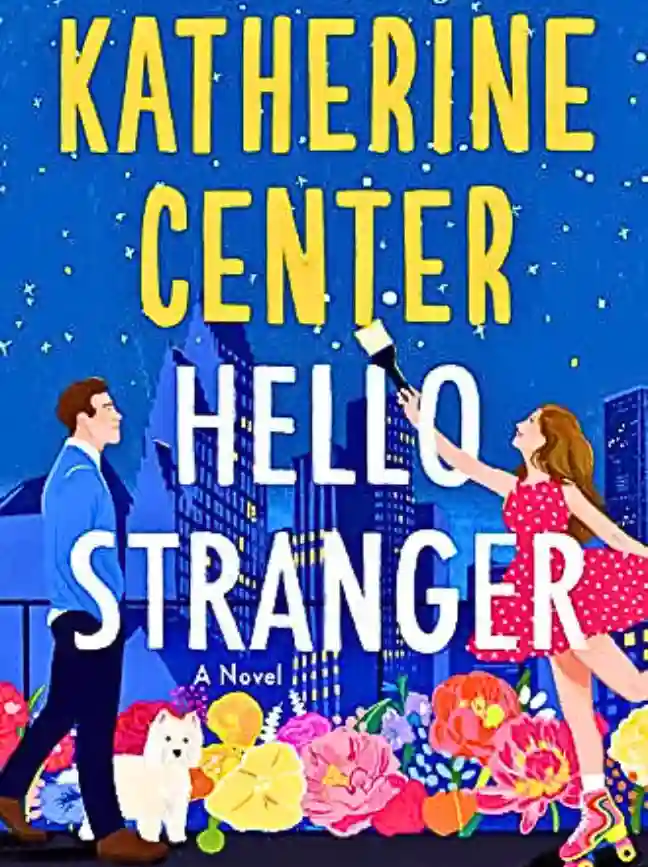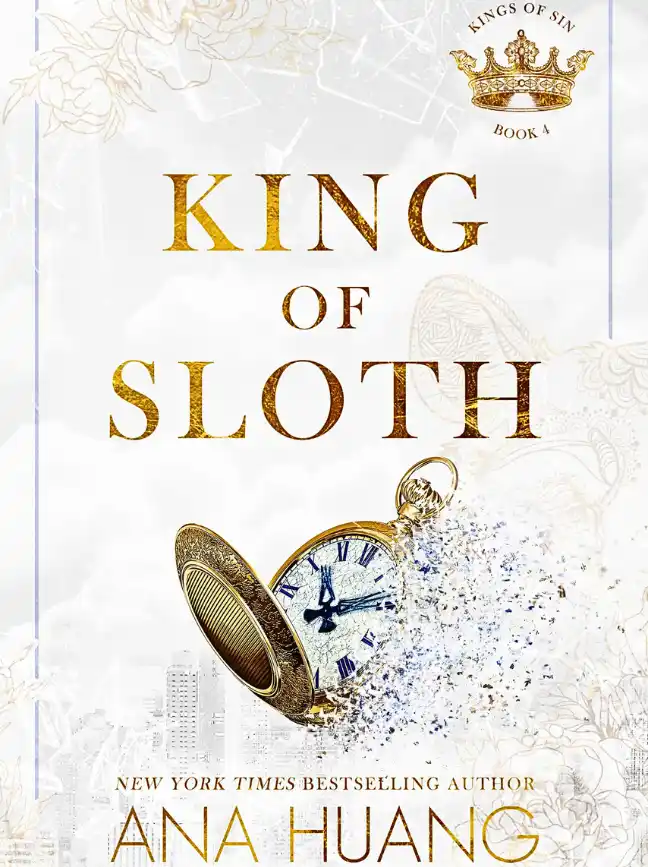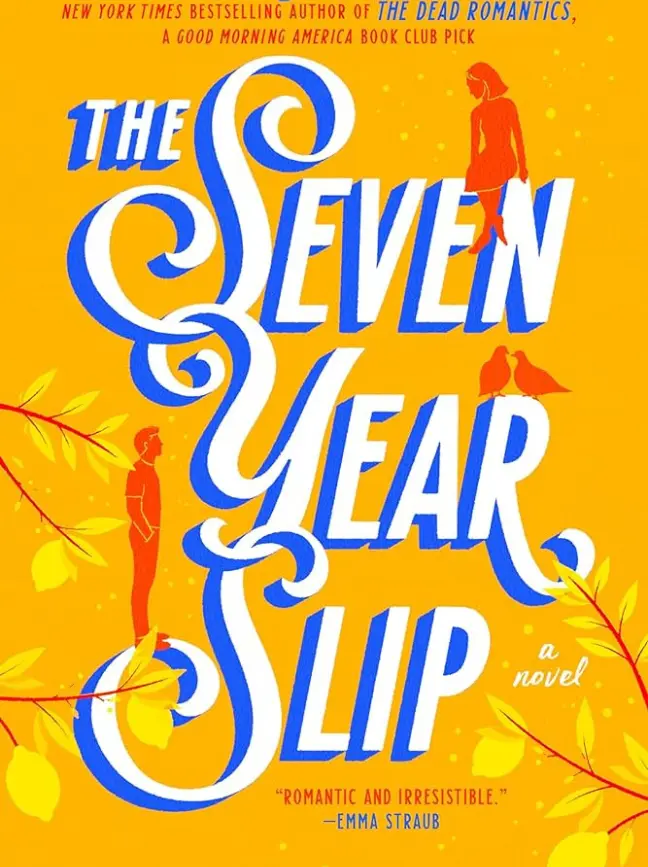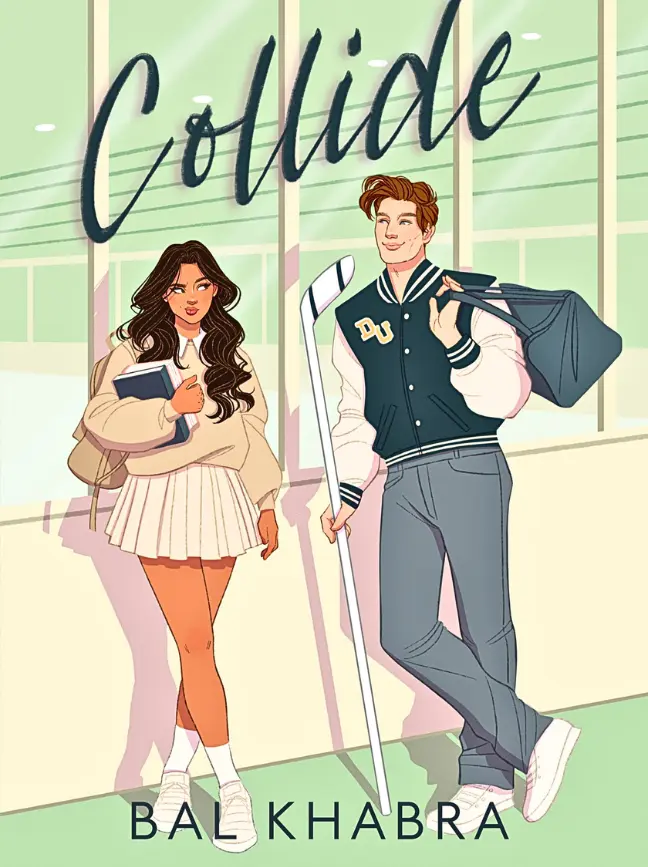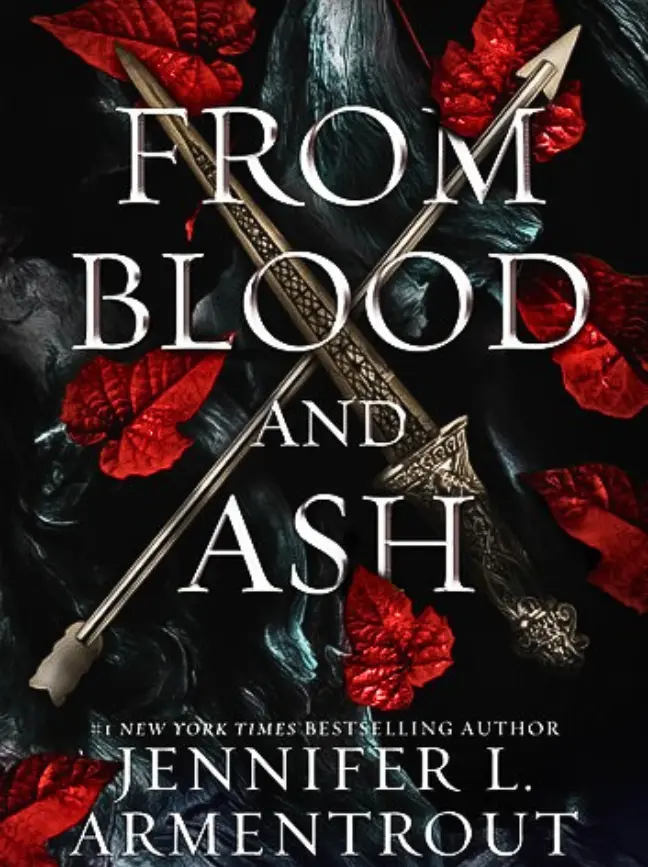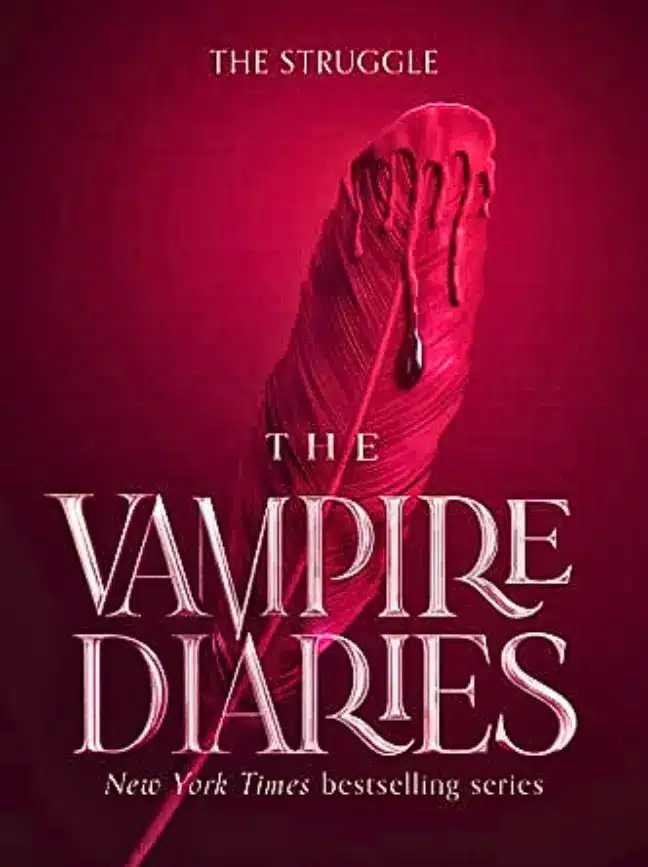Pino found Dolly Stottlemeyer first.
General Leyers’s mistress was still dressed in her ivory gown. Between Dolly’s breasts a chrysanthemum of blood had bloomed, wilted, and dried. Her slippers were gone. Her eyes and mouth were half-open, frozen in rigor. Her fingers had died clutching her thumbs, exposing the red nail polish, and making it all the more lurid against the robin’s egg color of her skin.
Pino looked up then and saw Anna down the hall. His eyes clouded with tears, and his breath became short and ragged as he tried to keep down the emotion surging everywhere within him, trying to thrash its way out of his chest and through his windpipe. Mouth open, lips moving to form silent words of sorrow, he went and knelt beside her.
There was a bullet hole below Anna’s bra, and a flower of blood on her exposed belly similar to the one on Dolly. Whore had been written across her brow in the same red gloss the partisans had used to make her lips look so garish.
Pino stared down, engulfed by misery, swallowing against grief and trembling with loss. He lowered the camphor pouch from his lips and nose. Breathing in the ungodly putrid air in the hallway, he untied the pouch and put the camphor aside. He used the handkerchief to wipe the lipstick from her brow and from about her lips until she was almost the Anna he remembered. He set the handkerchief down, clasped his hands, and gazed at her as he sucked in the smell of her death, drawing it deep into his lungs.
“I was there,” Pino said. “I saw you die, and I said nothing, Anna. I did . . .”
The pain threw tears from his eyes and doubled him over. “What did I do?” he moaned. “What did I do?”
Tears dripped off his cheeks as he rocked back and forth on his haunches and stared down at the wreckage of his love.
“I failed you,” Pino choked. “Christmas Eve, you were there to stand by me, come what may. And I wasn’t there for you. I . . . I don’t know why. I can’t even explain it to myself. I wish I’d stood against the wall with you, Anna.”
He lost track of time as he knelt there by her, vaguely aware of people moving past him, glancing at Anna’s chopped hair and making comments about her under their breath. He didn’t care. They couldn’t hurt her now. He was there, and they couldn’t hurt her any further.
“Pino?”
He felt a hand on his shoulder and looked up to find his father and uncle there.
“We were supposed to have . . . everything, Papa,” Pino said in bewilderment. “Our love was supposed to be forever and ever. We didn’t deserve this.”
Michele was tearing up. “I’m so sorry, Pino. Albert’s only just told
me.”
“We’re both so sorry,” his uncle said. “But we have to go, and I hate to
tell you this, but you have to leave her now.”
Pino wanted to rise up and beat his uncle to a pulp. “I’m staying with
her.”
“You’re not,” Michele said.
“I’ve got to bury her, Papa. Make sure she has a funeral.”
“You can’t,” Uncle Albert said. “There are partisans checking who’s
claiming the bodies. They’ll think you were a collaborator, too.” “I don’t care,” Pino said.
“We do,” Michele said firmly. “I know this is hard, son, but—”
“Do you?” Pino screamed. “If this were Mama, would you leave her?” His father cringed and stepped back. “No, I . . .”
Uncle Albert stopped him. “Pino, it’s what Anna would want.” “How do you know what Anna would want?”
“Because I saw in her eyes how much she loved you that Christmas Eve at the shop. She would not want you to die because of her.”
Pino looked down at Anna again, choking back emotion. “But she won’t get a funeral, a headstone, anything.”
Uncle Albert said, “I asked the man in the chapel what happens to the unclaimed bodies, and he said they’ll all be blessed by Cardinal Schuster, cremated, and buried.”
Pino’s head swung slowly back and forth. “But where will I go to . . .” “See her?” his father said. “You go to where you were both happiest,
and she’ll always be there. I promise you that.”
Pino thought of that small park in Cernobbio at the southwest end of Lake Como, where he and Anna had stood at the rail and she’d taken his picture wearing the headband, and everything had seemed perfect. He looked down at Anna’s cold face. Leaving her seemed a second betrayal, one with no possibility of forgiveness.
“Pino,” his father said softly.
“I’m coming, Papa.” He sniffed and wiped his eyes with the handkerchief, smearing some of her lipstick on his face, and then tucked the tear-stained hankie in her bra.
I loved you, Anna, Pino thought. I’ll love you forever and ever.
Then he leaned over, kissed her, and said his good-bye.
Pino stood, wobbly. With his uncle and father holding on to each elbow, he left, and did not look back. He couldn’t. If he did, he swore he’d never move again.
By the time they returned to the chapel, Pino could walk without their help. He was already trying to get the image of her corpse out of his head by recalling Anna in Dolly’s kitchen the night after he’d saved the general’s life, and how she told him about her childhood birthday mornings with her father out on the sea.
That memory carried him through the rest of the process of shrouding Mario and moving him out of the upper gallery to the partisans checking the bodies. They recognized Mario’s uniform for what it was and waved them through. They found a cart and pushed the corpse through the city to an undertaker who was a friend of the family.
They didn’t make it home until after dark. Pino was spinning from exhaustion, from grief, from lack of food and water. He forced himself to
eat, and he drank too much wine. He went to bed the way he had the night before, with the shortwave tuned to static. He closed his eyes, praying that he’d see Anna alive again in his dreams.
But she wasn’t alive there, not that night. In Pino’s dreams, Anna was dead and lying alone in the lower galleries of the Cimitero Monumentale. Behind his eyelids, Pino could see her, as if lit from above in a dark place. Every time his dream self tried to get closer to her, however, she slipped farther and farther away.
The cruelty of it made him cry out in pain. Pino startled alert into the waking nightmare of Anna being gone all over again. He gasped and held his sweating head for fear of its bursting. He tried to clear his thoughts of Anna but could not, and he could not sleep. That was done. He could either lie here while memories and regrets ripped him up, or he could walk and let movement calm his mind as it had since he was a boy.
Pino checked his watch. It was 3:00 a.m. on Sunday, April 29, 1945.
He dressed and slipped out of the apartment, took the stairs, and went out through the empty lobby. The night was dark and the streetlamps infrequent as he wove through San Babila, heading north, retracing much of the route they’d used to bring Mario’s body to the funeral home. At ten past four, Pino was back at the Cimitero Monumentale. Partisans stopped him, checked his papers. He told them his fiancée was inside. Someone had seen her body there.
“How are you going to see her?” one of the guards asked. Another guard lit a cigarette.
Pino said, “Could you give me three of your matches?” “No.”
“C’mon, Luigi,” the first guard said. “The kid’s trying to find his dead sweetheart, for Christ’s sake.”
Luigi took a deep drag, sighed, and flipped Pino the box.
“Bless you, signore,” Pino said, and hurried across the piazza toward the colonnades.
Rather than walk among the corpses, Pino looped around to a door that took him to the long hallway where Anna lay. When he got to where he thought she’d been, he lit a match and shone it around.
She wasn’t there. He looked about, tried to get his bearings, and thought he might be short. The match went out. He walked another three meters and lit another match. She wasn’t there. No one was there. The gallery floor was empty for at least twelve meters on either side of where she’d been. The unclaimed bodies were gone. Anna was gone.
The finality of it felt smothering. He sank against the wall there and sobbed until he could not cry anymore.
When Pino at last trudged down the steps from the memorial chapel, he felt the burden of her death like a yoke that could never be shed.
“Find her?” the guard asked.
“No,” Pino said. “Her father must have gotten here first. A fisherman from Trieste.”
They exchanged glances. “Sure,” Luigi said. “She’s with her papa.”
Pino wandered aimlessly through the city, skirting the central train station, now heavily guarded by partisan forces. He got turned around in an unlit area, had no idea where he was at one point. But then dawn began to glow across rippling low clouds, and he could soon see well enough to realize he was northwest of Piazzale Loreto and Beltramini’s Fresh Fruits and Vegetables. He ran and got to the fruit stand in the first good light of day. He pounded on the door, called out toward the upstairs windows. “Carletto? Carletto, are you there? It’s Pino!”
He got no answer. He kept pounding and calling, but his friend did not reply.
Despondent, Pino walked south. It wasn’t until he’d walked past the telephone exchange that he understood where he was going and why. Five minutes later, he cut through the kitchen of the Hotel Diana and pushed on through the double doors into the ballroom. There were American GIs and Italian women passed out here and there—not as many as two mornings before, but empty bottles were everywhere, and broken glass on the floor crunched under his shoes. He looked into the hallway that led to the lobby.
Major Frank Knebel was there, sitting at a table against the wall. He was drinking coffee and looking very hungover.
“Major?” Pino said, walking toward him.
Knebel looked up and laughed. “Pino Lella, the boogie-woogie kid! Where the hell have you been, buddy? All the girls have been asking for you.”
“I . . .” Pino didn’t know where to begin. “Can I talk to you?”
The major saw the seriousness in his eyes and said, “Sure, kid, pull up a chair.”
But before Pino could, a boy about ten years old burst in the front door and yelled in broken English, “Il Duce, Major K! They bring the Mussolini to Piazzale Loreto!”
“Now?” Major Knebel said, getting up fast. “Are you sure, Victor?” “My father, he hears this.”
“Let’s go,” Knebel said to Pino. Pino hesitated, wanted to talk to the major, to tell him—
“C’mon, Pino, you’ll be a witness to history,” the American said. “We’ll take the bikes I bought yesterday.”
Pino felt a break in the fog of Anna’s death and nodded. He’d wondered what would become of Il Duce the last time he saw him in Cardinal Schuster’s office, when Mussolini was still praying for Hitler’s superweapon to be unleashed and still hoping for a bed in the führer’s secret Bavarian bunker.
By the time they’d grabbed two bikes Knebel had stashed behind the registration desk and exited the hotel, other people were running toward Piazzale Loreto, crying, “They’ve got him! They’ve got Il Duce!”
Pino and the American major jumped on the bikes, pedaled hard. Other bikes soon joined them, racing and waving red scarves and flags, all of them lusting to see the dictator now that he’d been deposed. They rode past Beltramini’s Fresh Fruits and Vegetables and into Piazzale Loreto, where a thin crowd was already gathering around the Esso station and the girders Pino had stood on to witness the execution of Tullio Galimberti.
Pino and Major Knebel put the bikes aside, and went forward to see four men clambering up onto the girders. They carried ropes and chains. Pino followed the American as he fought his way to the front of the growing crowd.
Sixteen bodies lay there by the petrol pumps. Benito Mussolini was in the middle, barefoot, his massive head resting on his mistress’s chest. The puppet dictator’s eyes were vacant and opaque, the madness Pino had seen in them at the villa on Lake Garda just a memory. Il Duce’s upper lip was pulled back, baring his teeth and making him look as if he were about to launch into one of his tirades.
Claretta Petacci sprawled beneath Mussolini with her head turned away from her lover, as if being coy. Some of the partisans in the crowd were saying that Mussolini had been having sex with his mistress when the executioners arrived.
Pino looked around. The crowd had quadrupled, and there were more coming, throngs from every direction, like a chorus gathering on a stage at the end of a tragic opera. Shouting, angry, they all seemed to want to wreak personal vengeance on the man who’d brought the Nazis to their doors.
Someone put a toy scepter in Mussolini’s hand. Then a woman old enough to have been the crone in Dolly’s apartment building waddled out. She squatted over Il Duce’s mistress and pissed on her face.
Pino was repulsed, but the crowd went feral, sinister, and depraved. People were laughing hysterically, cheering, and feeding on the anarchy. Others began shouting for more desecrations while ropes and chains were being rigged. A woman darted forward with a pistol and put five rounds in Mussolini’s skull, which provoked another round of jeers and catcalls to beat the bodies, to tear the flesh from their bones.
Two partisans fired their guns into the air to get the mob back. Another tried to turn a fire hose on them. Pino and Major Knebel had retreated by then, but others kept pressing toward the bodies, eager to vent their rage.
“Hang them!” a voice in the chorus cried. “Get them up where we can see them!”
“Put the hooks into their hocks!” others sang. “String ’em up like pigs!”
Mussolini went up feet first, head and arms dangling below the girder. Those in the ever-growing mob went insane. Cheering, they stamped their feet, threw their fists high, and brayed their approval. Il Duce had been
beaten so badly by then, his skull was caved in. He looked beyond grotesque, a figment in a nightmare and nothing like the man Pino had spoken to repeatedly over the past year.
They hoisted Claretta Petacci up next. Her skirt fell toward her breasts, revealing that she wore no panties. When a partisan chaplain climbed up beside her to tuck the skirt up between her legs, he was pelted with trash.
Four more bodies were strung from the girders, all high-ranking Fascists. The desecrations went on in the building heat until the barbarity finally broke through Pino’s grief-dazed state and sickened him. He felt dizzy, nauseated, and thought he might faint.
A man was brought forward. His name was Starace.
They placed Starace beneath the hanging corpses of Mussolini and his mistress. Starace gave the straight-arm Fascist salute, and six partisans shot him dead.
The bloodthirsty chorus in Piazzale Loreto sang deliriously and called for more. But seeing Starace shot caused Pino to reel off into the memory of Anna’s dying. He thought he might go mad and join the mob.
“This is how tyrants fall,” Major Knebel said, disgusted. “That would be the lead if I were writing this story. ‘This is how tyrants fall.’”
“I’m going to leave, Major,” Pino said. “I can’t take this anymore.” “I’m with you, buddy,” Knebel said.
They pushed their way back through a crowd that had grown to twenty thousand or more. It wasn’t until they were across from the fruit stand that they could walk easily against the grain of more and more people coming to Piazzale Loreto to pay their disrespects.
“Major?” Pino said. “I need to talk to you—”
“You know, kid, I’ve been meaning to talk to you since you showed up this morning,” Knebel said as they crossed the street.
The door to Beltramini’s Fresh Fruits and Vegetables was open now. Carletto stood in the doorway, looking green with a hangover. He smiled wanly at Pino and the American.
“Another drag-the-knuckle night, Major,” Carletto said.
“That’s knuckle-dragger,” Knebel said with a laugh. “But even better.
I’ve got the both of you at once.”
“I don’t understand,” Pino said.
“Would you boys be willing to help America?” the major asked. “Do something for us? Something tough? Something dangerous?”
“Like what?” Carletto asked.
“I can’t tell you right now,” Knebel said. “But it’s vital, and if you pulled it off, you’d have a lot of friends in the United States. Ever thought of going stateside?”
“All the time,” Pino said. “There you go,” the major said.
“How dangerous?” Carletto asked.
“I won’t B.S. it. You could get killed.”
Carletto thought about that, then said, “Count me in.”
Feeling his heart race with a strange mania, Pino said, “I’m in, too.” “Excellent,” Knebel said. “Can you get a car?”
Pino said, “My uncle has one, but it’s up on blocks, and the tires won’t go far.”
“Uncle Sam will take care of the tires,” he said. “Get me the keys and an address where the car is, and I’ll see it’s ready and waiting for you at the Hotel Diana, three a.m., day after tomorrow. May first. Okay?”
Carletto said, “When will we know what we’re doing?” “Three a.m., day after—”
Knebel stopped. They all heard the tanks then. The roar of diesels. The treads clanking. As they poured into Piazzale Loreto, Pino saw war elephants in his mind.
“Here come the Shermans, buddies!” Major Knebel crowed, throwing his fist overhead. “That’s the US Fifth Army Cav. As far as this war goes, the fat lady’s singing.”


